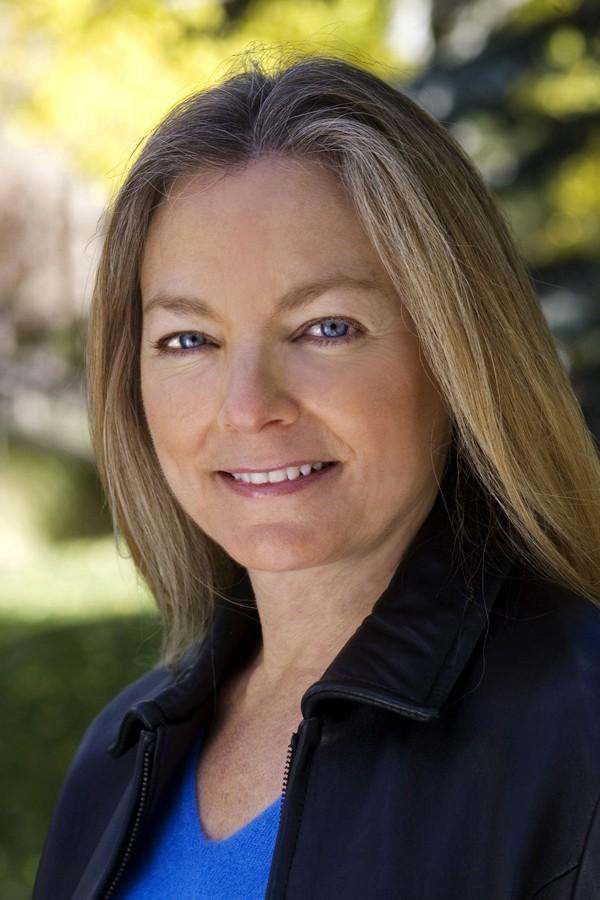Students will present their environmental science research to the public during Earth Week from Wednesday to Friday.
Earth Week, a collaborative showcase made up of five units in the School of Earth and Environmental Sciences, will be held in the Student Union Memorial Center beginning at 8 a.m. on Wednesday, Thursday and Friday. The student-organized event will include oral and poster presentations as well as competitions and keynote speakers each afternoon.
“It gives students in earth and atmospheric sciences at the U of A a chance to present their research in a professional but relaxed setting,” said Kim Wood, an atmospheric sciences graduate student.
The three-day event, now in its third year, is a combination of conferences from the soil, water and environmental sciences; atmospheric sciences; geosciences; the hydrology and water resources department and the Laboratory of Tree-Ring Research. These departments each held their own conferences until 2010, when they decided to integrate the events into a larger symposium with a wider range of attendees. The geoscience department’s GeoDaze conference is in its 40th year, hydrology and water resources’ El Dia del Agua will host its 22nd conference and the Atmospheric and Interdisciplinary Research conference is in its 14th year.
“There are certainly more challenges to coordinating a larger event but there’s more opportunity to have interdisciplinary sessions, more chances for different people to see your research,” said Philip Stokes, a geosciences graduate student. “As a student … you’re happy if anyone is interested in your research.”
New to this year’s event is a plenary session that will integrate all five units. A selected speaker from each unit will present on “Climate in the Southwest” on Thursday from 2:30 to 3:45 p.m., and these speakers will be competing for a $1,000 cash prize. Following the competition, Earth Week keynote speaker Susan Joy Hassol will give a talk, “Telling the Climate Change Story,” at 4 p.m.
“We’re trying to promote the community between the different departments,” said Matt Levi, a soil, water and environmental sciences graduate student. “So it’s directed to be more interdisciplinary.”
Earth Week is organized, run and financed by students, said Karl W. Flessa, director of the School of Earth and Environmental Sciences and head of the department of geosciences. Cash prizes for the best paper and poster presentations came from student fundraisers. Funds from the College of Science, Institute of the Environment, water sustainability program and the renewable energy network are used to support the keynote speaker’s travel and expenses.
“The committee has been responsible for finding ways to make sure that the integration goes as seamlessly as possible,” Wood said.
Winners of the best oral and poster presentations are determined by a group of volunteer judges in related fields who have experience with scientific research, many of whom are UA professors.
“They’re volunteering to help the student out by evaluating the quality of the presentations and making suggestions on what might be improved the next time they give a presentation,” Flessa said. “They can give constructive criticism to the student presenters.”
In the previous two years, the attendance rate reached between 300 and 400 in one day, Flessa said. Students, faculty, alumni and researchers attend the conference, which is open to the public. Students from other departments will also be presenting research in environmental sciences.
“It’s a three-day celebration of student research,” Flessa said. ”And it’s a time when our students make us look good.”









